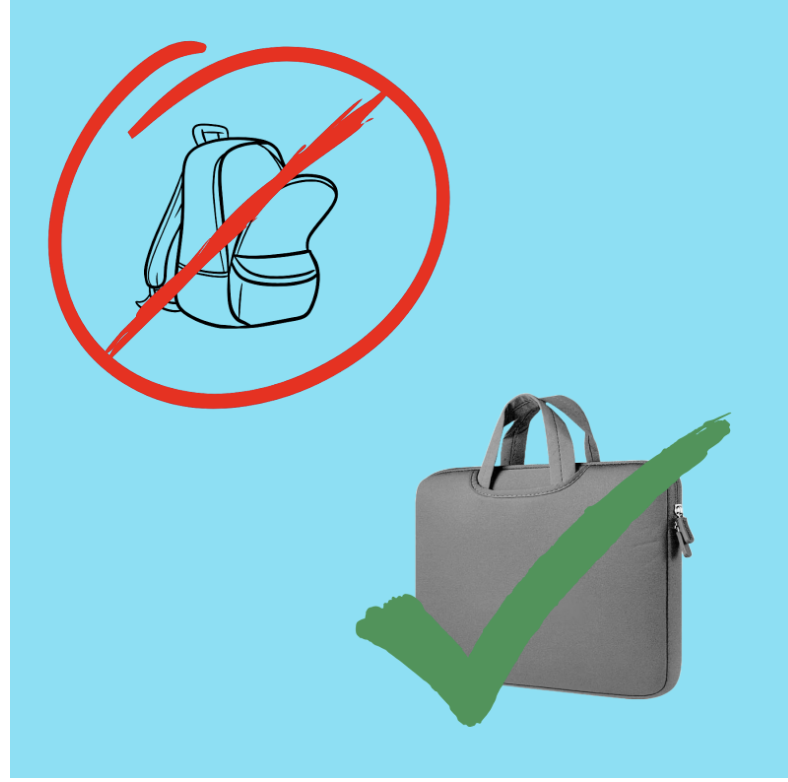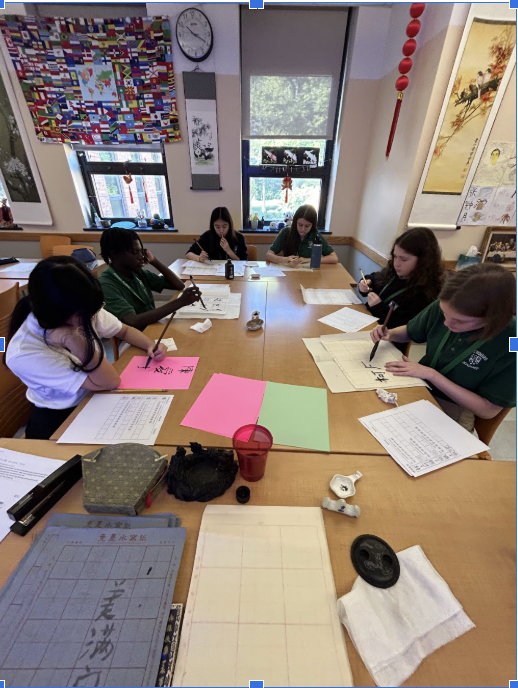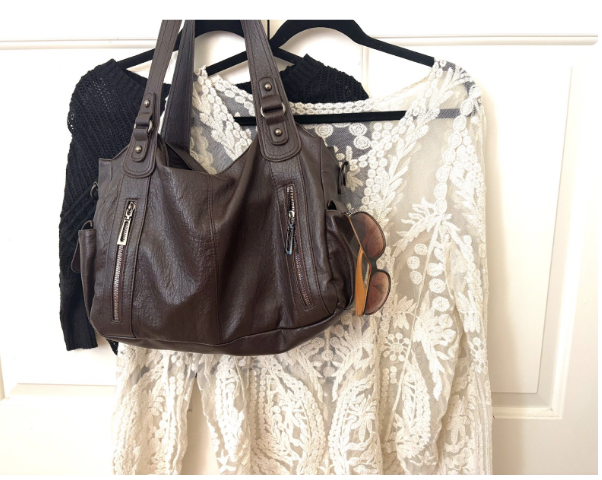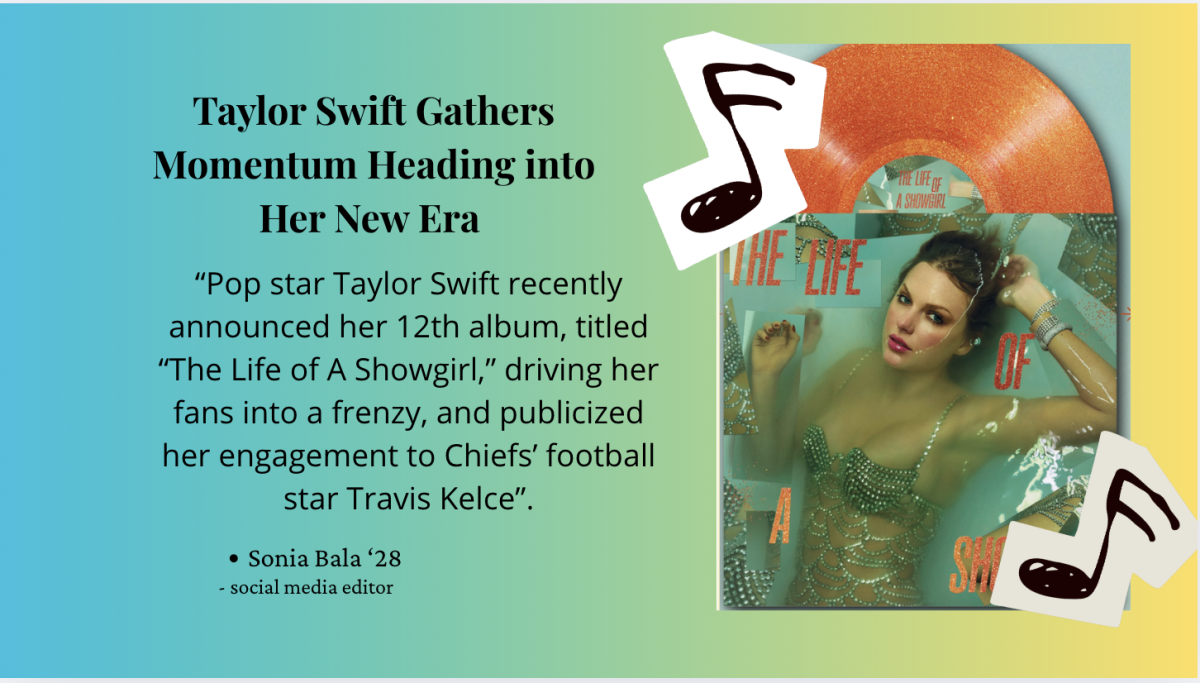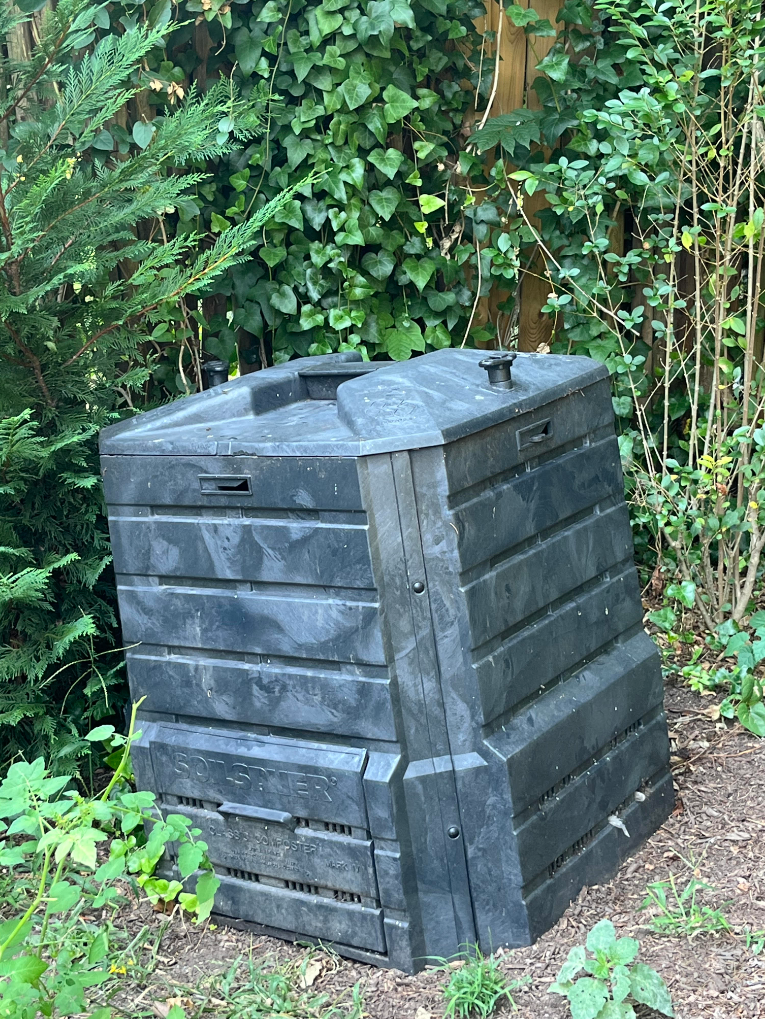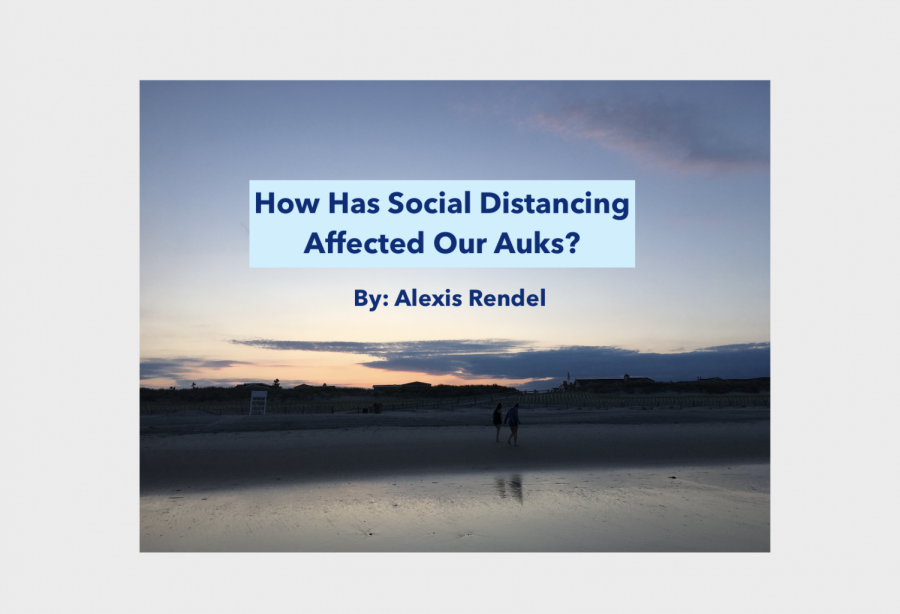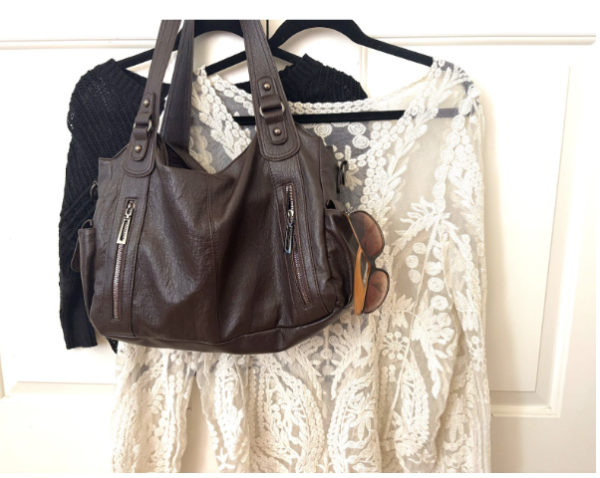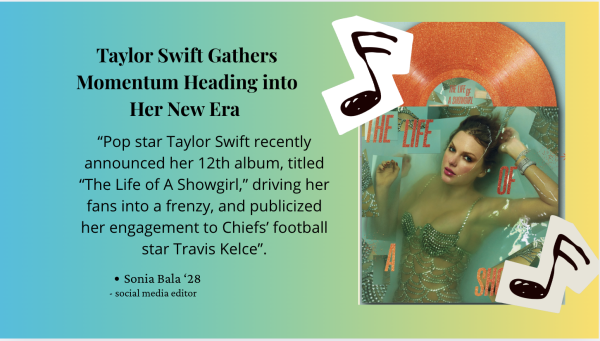How Has Social Distancing Affected Our Auks?
Spending time outdoors has been an outlet for many students during COVID-19
Social distancing is one of the most important steps we can take to fight against this outbreak of COVID-19. Scientists and doctors have pleaded for us to stay at home and exercise self-quarantine, and politicians have responded to the call by shutting down their states and implementing states of emergency. Schools have completely shut down for the year and only essential businesses are opened. As a result of our efforts, the number of cases across the U.S is finally starting to see a slight decline in new cases per day. For our part, Archmere has transferred to online courses, while transitioning regular school events such as coffee house into a virtual experience.
However, how has social distancing and the stay at home order affected our mental health, especially for students dealing with new schedules and different work loads? Researchers who interviewed quarantined individuals have noticed an increase in stress, insomnia, substance abuse, and emotional exhaustion. Furthermore, according to National Geographic, scientists have started to examine approximately 500 people quarantined to understand their behaviors and mental-states, as well as their approach to dealing with isolation. Many have reported a deep feeling of loneliness and desperation as their connections to the outside world are limited to virtual interaction. A leader on understanding the psychology behind self-isolation Julianna Holt-Lunstand has stated that the loneliness we feel is our brain “motivating us to reconnect.” We, as human-beings, need to interact with each other just as we need to drink water and eat properly.
Many fellow Auks have said the same about feeling disconnected from their friends and struggling with their sleep schedules. Most students have said they have been coping with isolation by enjoying some forgotten hobbies such as baking and spending time with siblings who have returned from college. Almost all students have said they aren’t as stressed dealing with school work, however, many said they’ve been struggling with personal mental health. Junior Annalise Tonn explained: “social distancing has been really hard for me since my friends are the ones who help me whenever I’m feeling anxious.” She, like many others, has primarily been affected by the distance between her friends. Senior Stephen D’Antonio, on the other hand, said he’s been staying positive and keeping himself occupied despite the stressful reality. After asking him how he’s adjusting to a quarantined senior year, he said he’s most grateful for how supportive the Archmere community has been: “It’s just so scary having all of these memories and milestones in jeopardy and honestly heartbreaking, but the Ferraras got signs for all of the seniors to put in front of our houses. We got to drive on campus and it was so nice and just a reminder of the amazing community we have!!”
Whether you’re struggling with isolation or enjoying some new-found free time, the American Psychological Association has outlined some ways to cope with quarantine and address any mental health issues:
- Check your news sources and gather information from reliable media. Limit how much time you spend on social media and news channels. The APA has recommended to balance your intake of daily media with reading, listening to music, or trying out hobbies offline. This can decrease any feelings of fear or anxiety.
- Create a daily routine. By regulating daily activities and sticking to a schedule, we can focus on work and accomplishing small daily goals, rather than becoming distracted by outside influences.
- Stay connected to friends and family through social networks such as Zoom, Facetime, or even playing video games together. Having at least some form of daily interaction with people outside of the family you live with can facilitate discussion about how you’re feeling and increase positivity.
- Maintain a healthy lifestyle and use strategies to stay positive. Try to maintain a sleep schedule, exercise and eat well as often as possible, and practice managing stress in a way that works for you. Experiment with yoga, meditation, or even baking banana bread. The APA has suggested downloading apps to help with emotional struggles.
Despite the mental struggles we are dealing with during this isolation, self-quarantine has proven to be the most effective way to flatline the spread of COVID-19, allowing us to hopefully return to campus, enjoy Sage dining, and walk around the Quad sooner rather than later. Stay connected with your fellow Auks by zooming during lunch or have socially distanced parking lot parties. Stay healthy, strong, and turn to friends and family to find a little light in these dark times.

Alexis is currently a senior at Archmere Academy. She is very involved in the arts and theatre culture at Archmere and hopes to continue this in the future....

Lauren is a Senior at Archmere Academy, and is currently the Web Editor. She is involved in the Community service club and loves running cross country...

